Taking a Trip to the Past
For the past 23 years, David Vixie’s seventh and eighth-grade students at Paradise Adventist Academy in Butte County have taken a trip into the past to visit life in a covered wagon. For one week each year, Vixie and his students, along with some parents and volunteers, don period clothing from the mid-1800s, hitch up covered wagons to mules and head off on one of the many trails traveled over a century ago during the westward migration.
For one week, with a few exceptions, they live as the pioneers did. Traveling at roughly three miles per hour, students see varied landscapes from the deserts of western Nevada to “the rough roads of the Sierra Mountains,” says Vixie. They have experienced all types of weather, from temperatures topping 100 degrees to flurries of snow outside of Carson City, Nevada.
In the Beginning
Vixie knew he wanted to teach from an early age. He remembers sitting in class after having completed assignments early and contemplating how he would instruct those same lessons. He was 13 years old, the same age many of his students are now, and he knew he wanted to do something different to make the lessons come alive for students.
The covered wagon trip has evolved from a project rebuilding an old, broken down wagon that Vixie did with his students over 24 years ago, to five wagons and an average of 25 to 30 students per trip today. Vixie credits the volunteers who accompany the students on the trips with enriching their experience. He calls their donation of time, finances and skills “an amazing gift” and states that many volunteers have been on repeat trips after they see what an impact it has on the children.
A Formable Journey
Paradise Adventist Academy Principal Monte Nystrom has been taking part for the past 23 years. His favorite aspect is witnessing the students’ “profound growth and the confidence they develop as they face and overcome challenges.” Students learn valuable life lessons on the trails. “They develop leadership skills as they ‘take charge’ of the wagon train,” Nystrom says, adding, “They develop “citizenship skills” as they experience the natural consequences of cooperating, or not cooperating, with their fellow travelers.”
The pioneers of the mid-1800s wrote of their travels in diaries, which Vixie incorporates into his lessons. Vixie refers to these as “the voices of the pioneers,” and it is from these diaries and travel guides that he plans the adventures each year.
 Connecting the Experience
Connecting the Experience
The trips occur mostly in the fall when the weather is more predictable and often coincide with anniversaries of pioneer travels from the diaries. “I’ve even read those diaries in those same spots on the trails,” Vixie says. Regarding his students, he feels that reading the diaries aloud “improves their relationship to the actual immigration experience.”
A lot of planning goes into each journey. Vixie does the bulk of the behind-the-scenes preparation, while his students create a replica of an outfit from the 1800s to wear for the duration of the journey. The students also plan their meals ahead of time, sticking as close to a pioneer menu as possible, using “food that shows up in the diaries,” says Vixie.
Students prepare ingredients from scratch at the school to use while on their travels. The cook their food over an open flame in cast iron, which leads Vixie to provide a few cooking lessons before they depart, for safety’s sake as well as educational purposes. He explains, “cold cast iron looks the same as hot cast iron” to those unfamiliar with using it. Moita Lindgren, whose son Saber is a seventh grader at Paradise Adventist Academy, accompanied Vixie and his students on their most recent voyage in September. One of her most significant takeaways from the trip was learning that “it’s ok to let your child try– even if that ends in failure. We often want to jump in and tell them the answers or tell them the right way to do something, because we know better. There is a greater learning opportunity when they go through a decision-making process themselves, rather than to have had a decision made for them.” She says that her son’s favorite part of the trip was the opportunity to drive the mules that pulled the wagons. She could not pinpoint her favorite part of the week, but rather valued the experience, after all, “How many people can say they went on a covered wagon trip?”
Posted in: Community
Comment Policy: All viewpoints are welcome, but comments should remain relevant. Personal attacks, profanity, and aggressive behavior are not allowed. No spam, advertising, or promoting of products/services. Please, only use your real name and limit the amount of links submitted in your comment.
Comments
Leave a Reply
You Might Also Like...
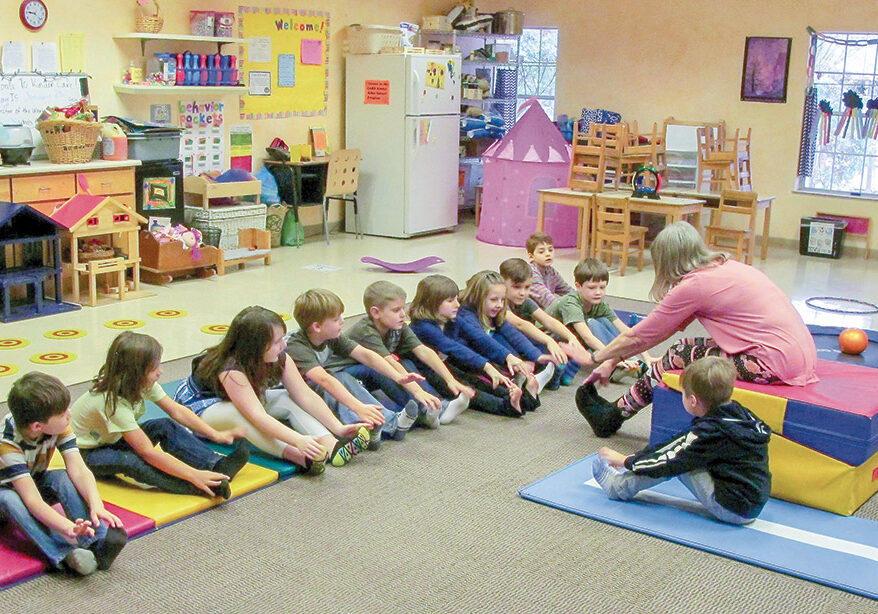
Movement Jumpstarts the Brain – Flipping the Learning Switch at Blue Oak School with S’cool Moves
“Our highest endeavor must be to develop free human beings who are able, of themselves, to impart purpose and direction to their lives.” Rudolf Steiner (1861-1925) Today, parents have choices […]
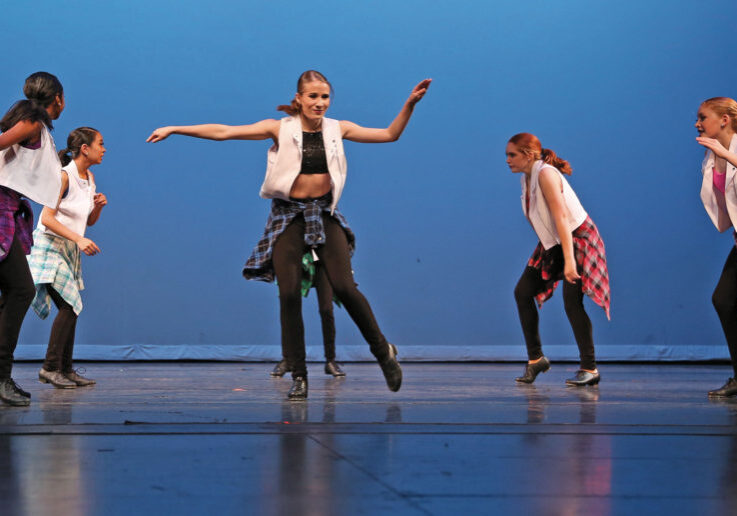
8 Ways Dance Can Benefit Your Child
Supporting your child’s commitment to dance can feel overwhelming at times. It’s easy to question our dance mom sanity while late-night chauffeuring to practice and dress rehearsals, or when the […]

Pine Creek Flowers
The Value of Locally and Sustainably Grown Flowers On the drive to Pine Creek Flowers, I was delighted by the bright orange poppies, yellow daffodils, and blooming almond trees dotting […]
Brighter Days: Red Bluff Library’s new location gives patrons easier access to the library’s treasures
While browsing Facebook recently, Tehama County Librarian Todd Deck came across this post: “Why do we even have public libraries anymore? Aren’t they completely outdated?” Deck, who has a master’s […]



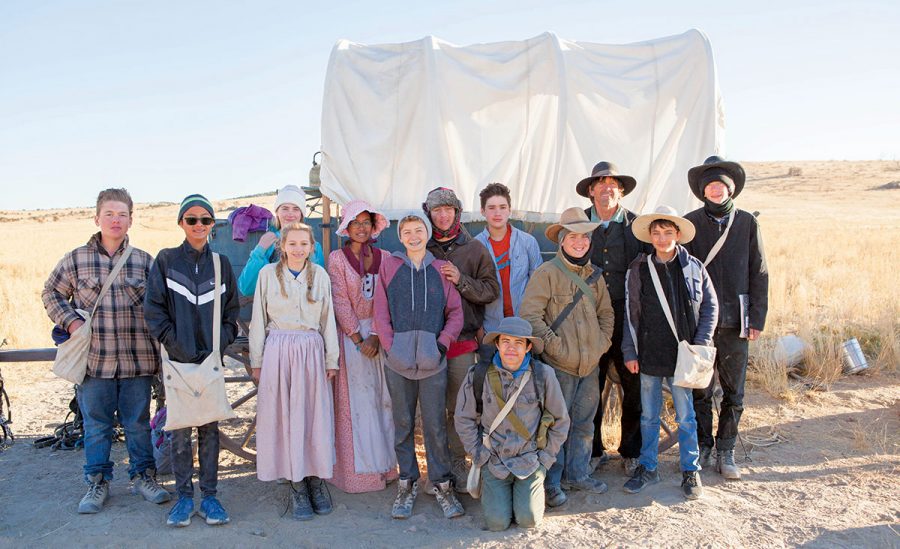
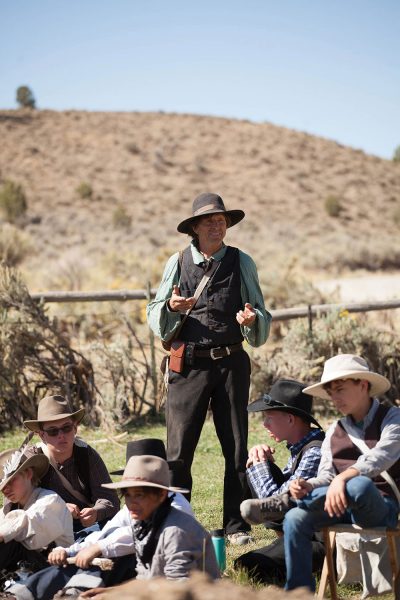
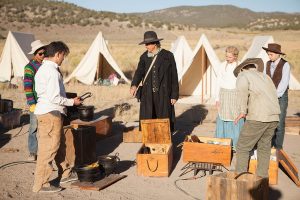 Connecting the Experience
Connecting the Experience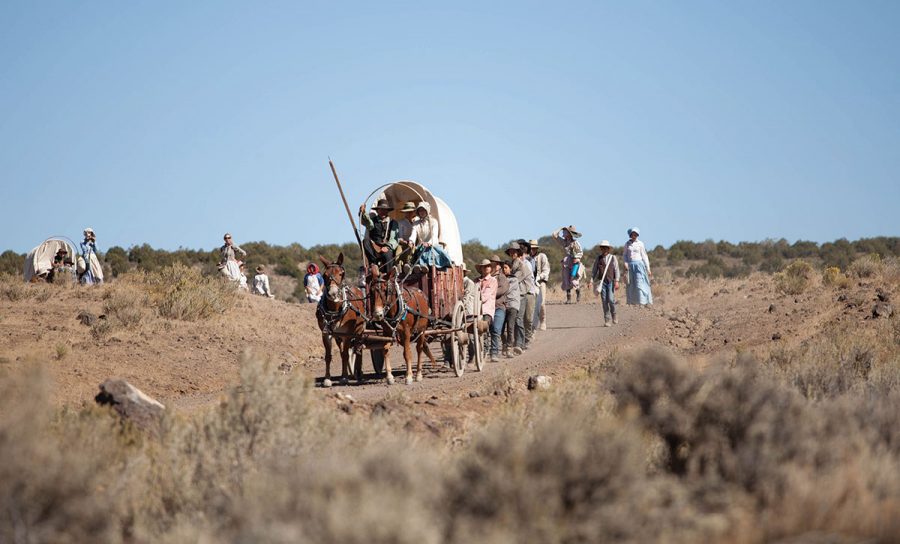
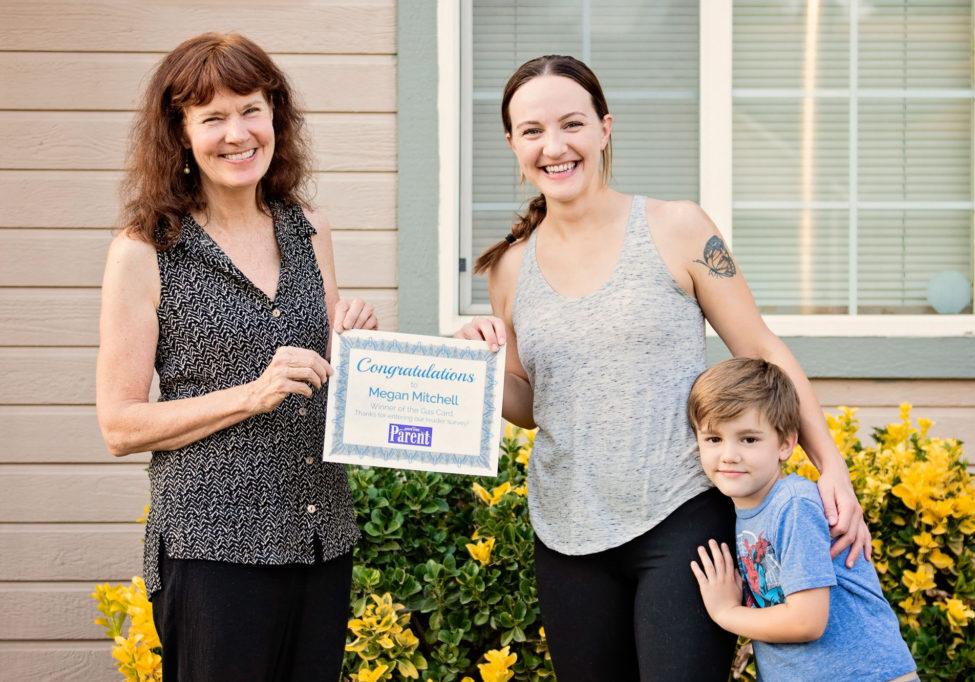
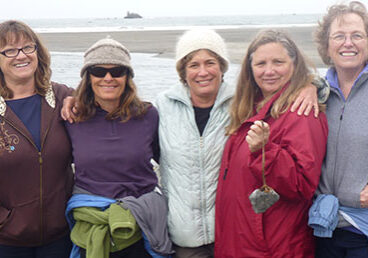
Calvin says
Im one of these eighth graders
Ethan says
I am a 8th grader that just recently been on this trip. Most memorable school experience so far.